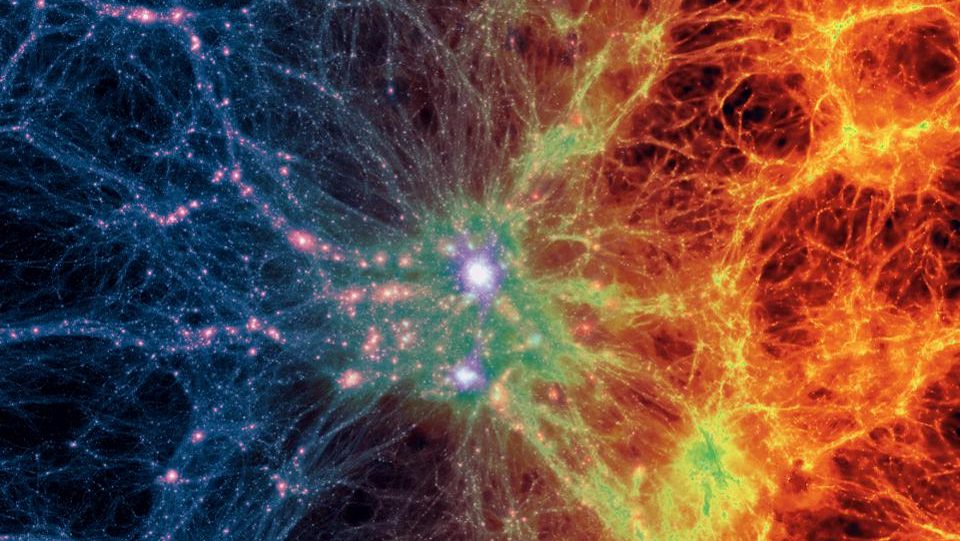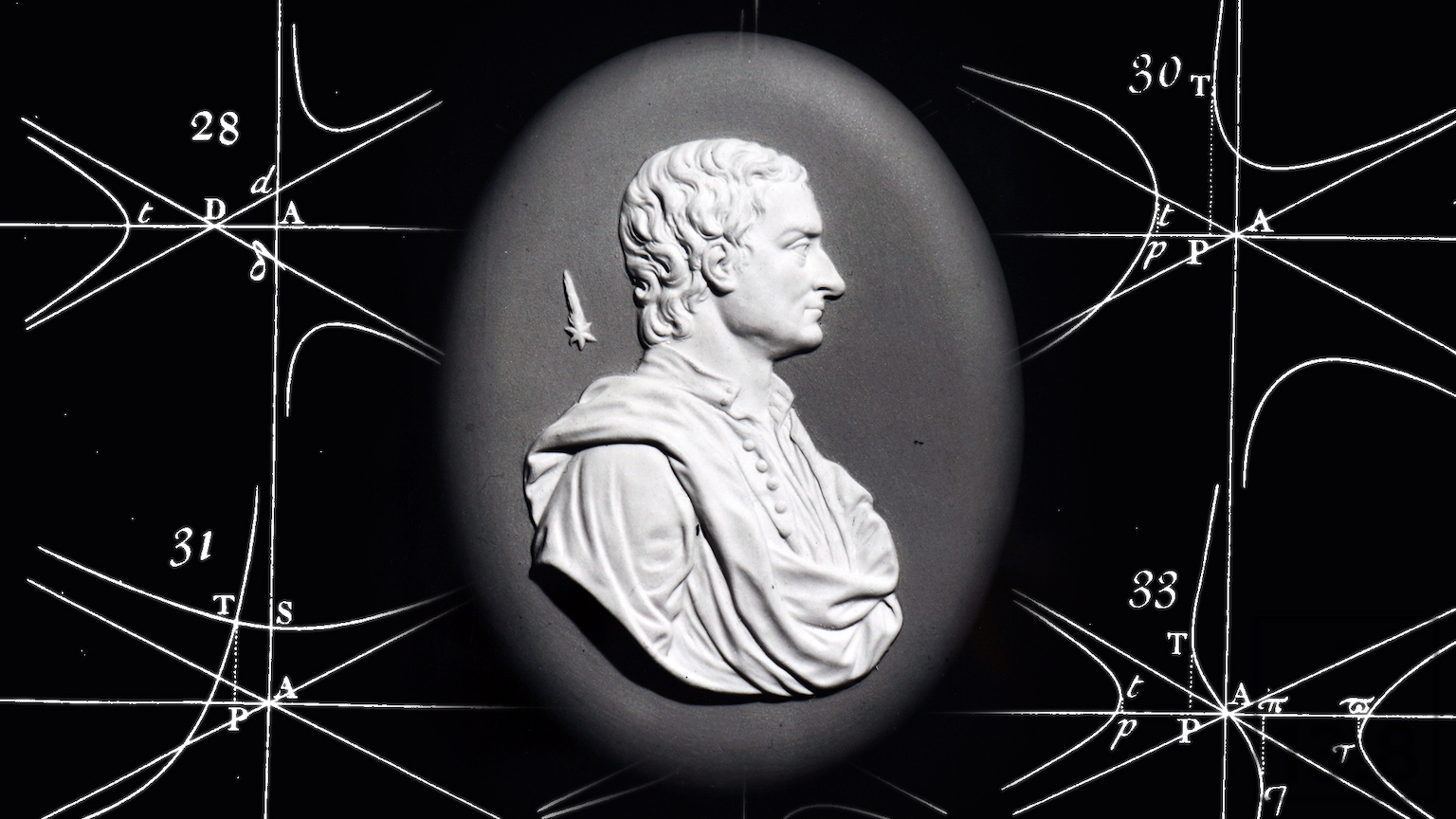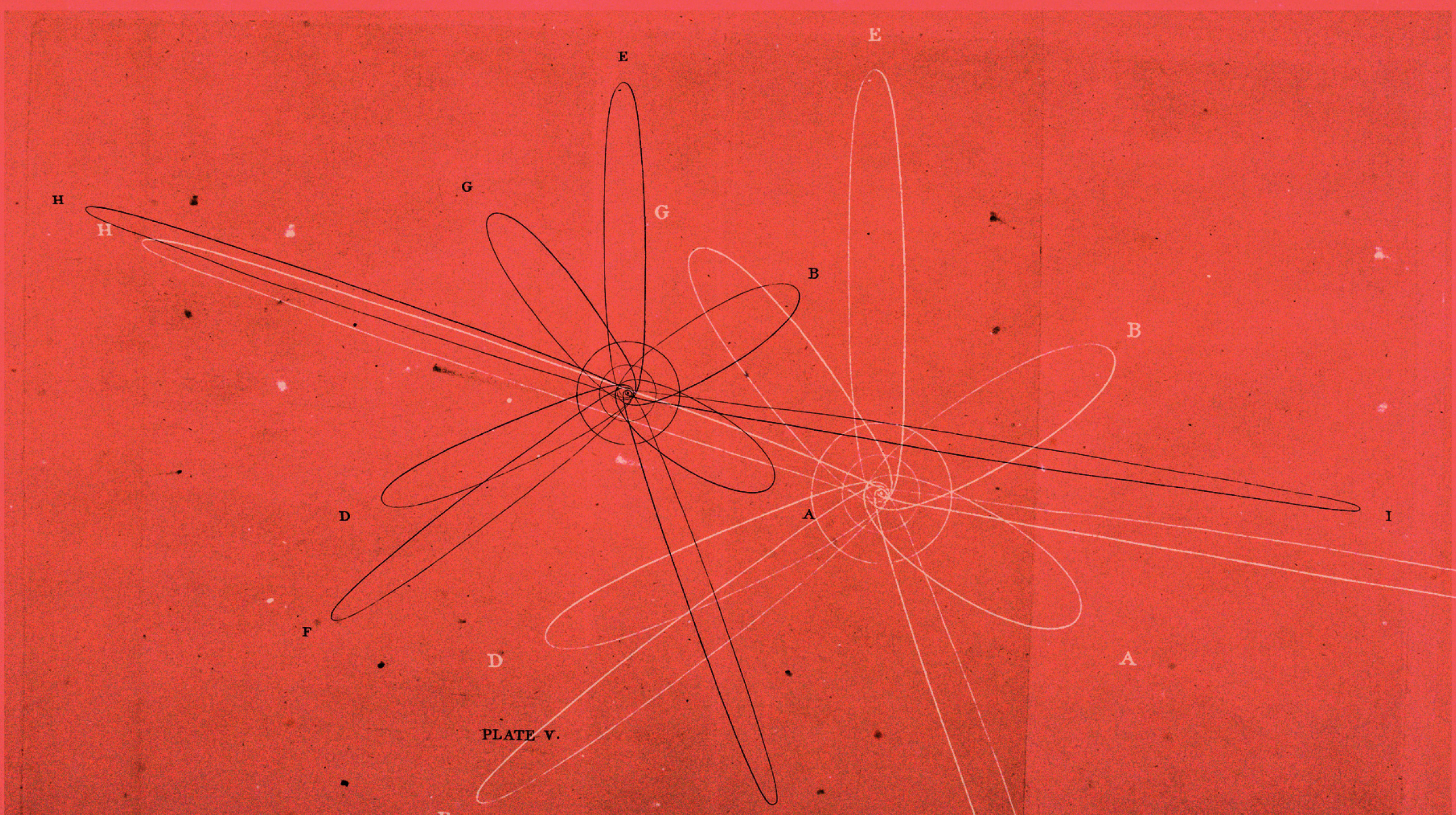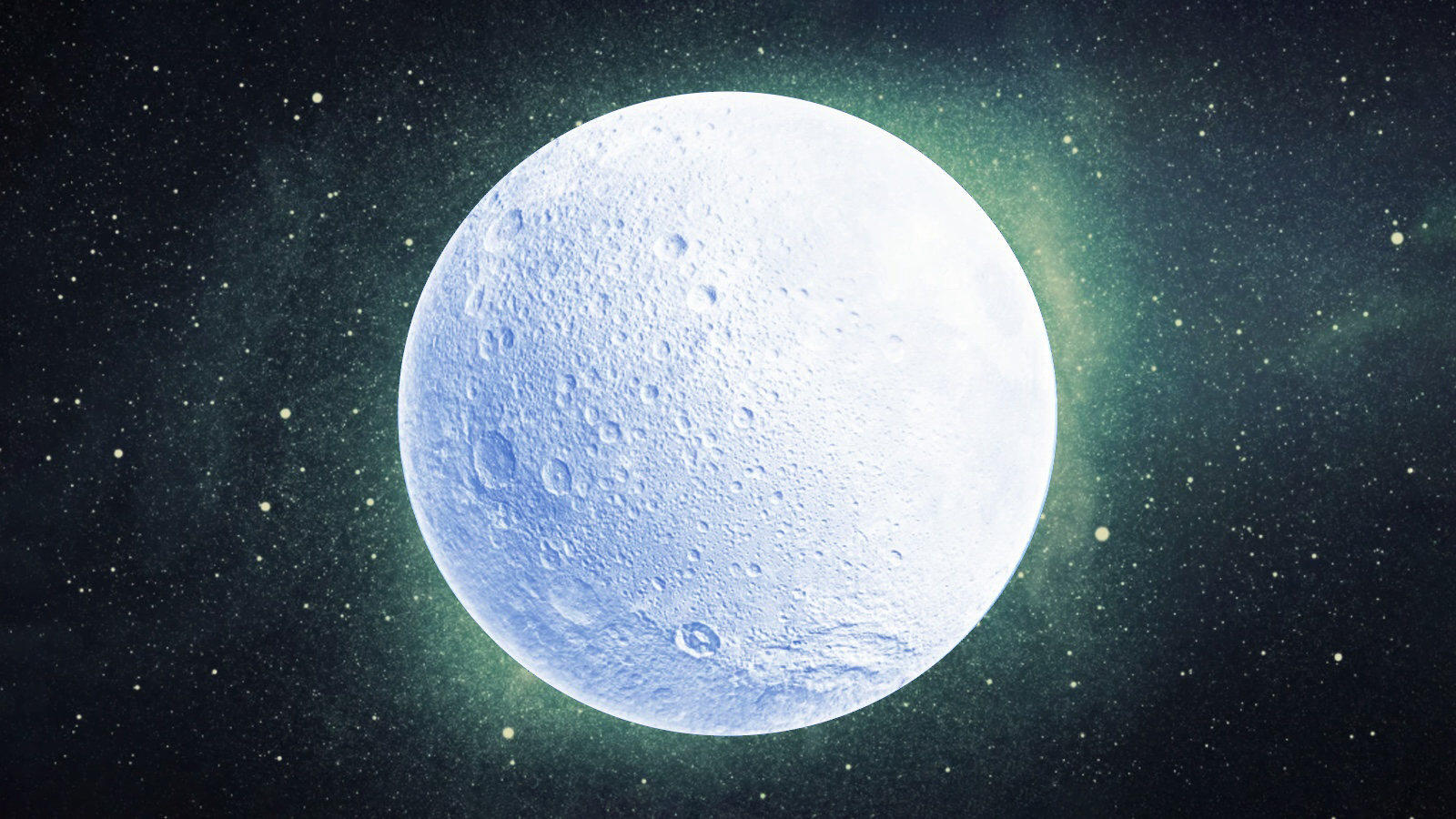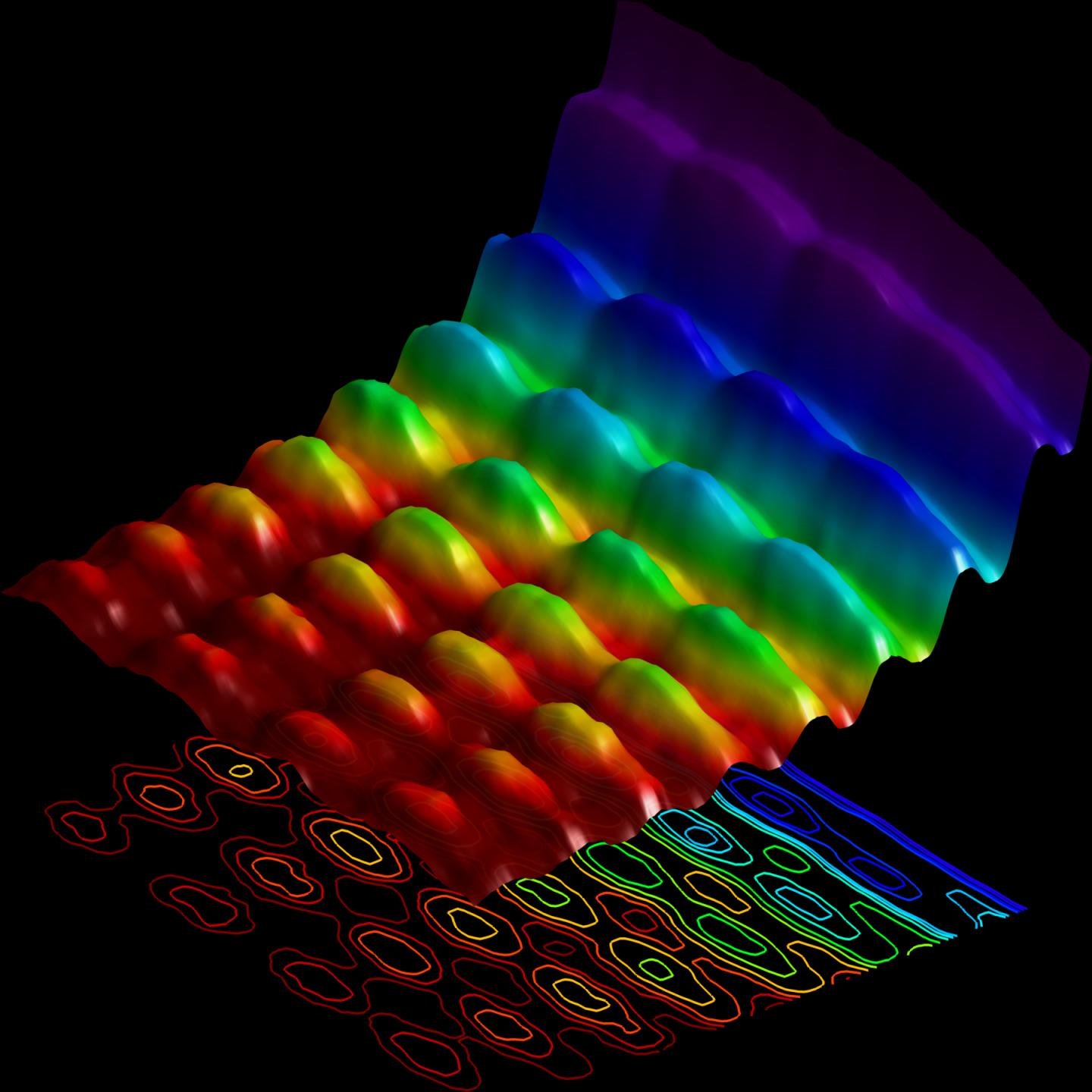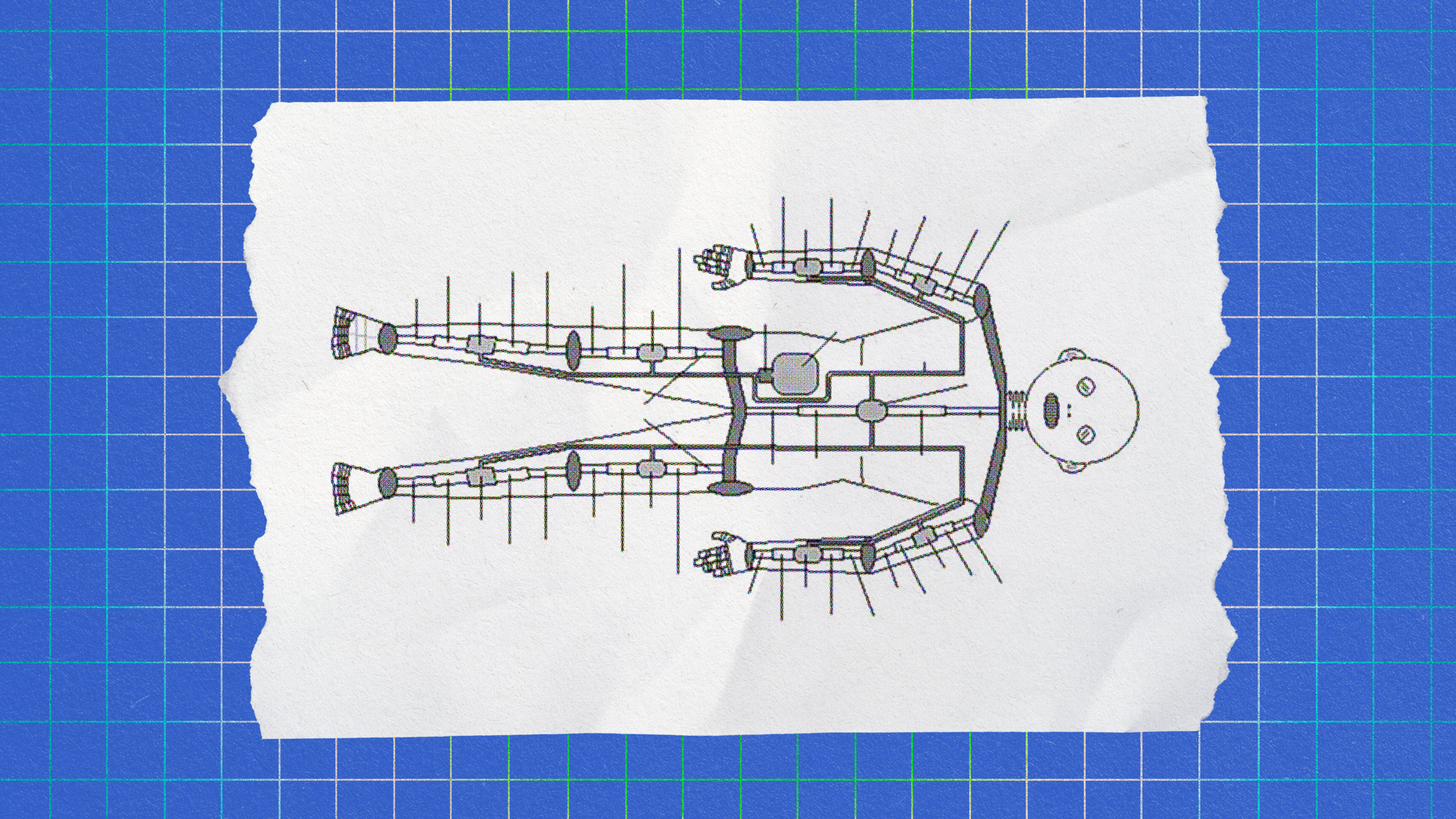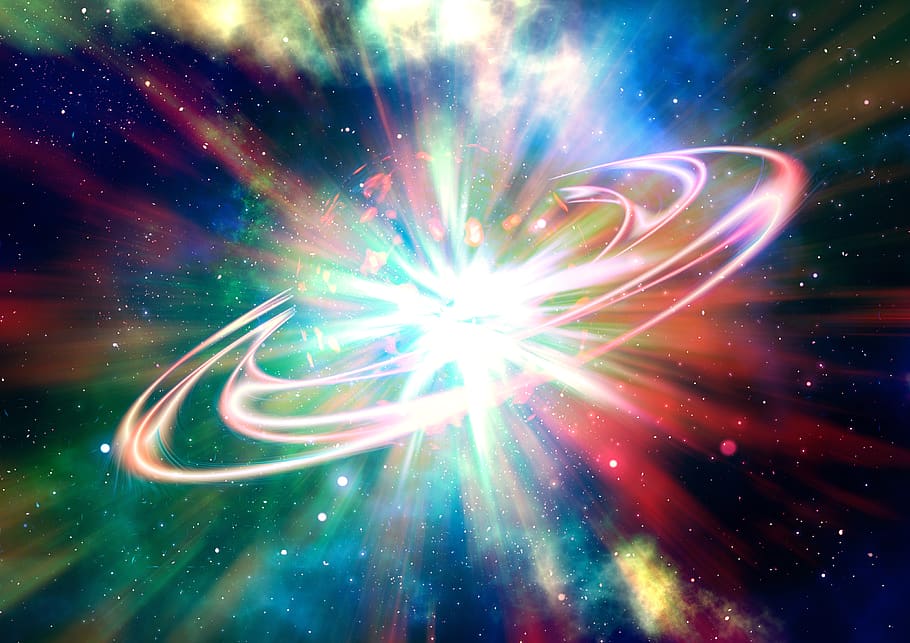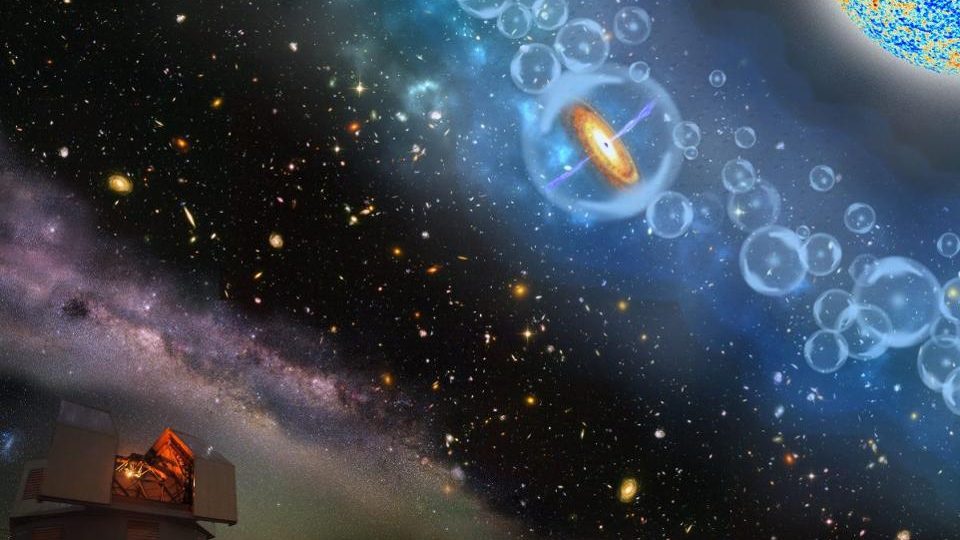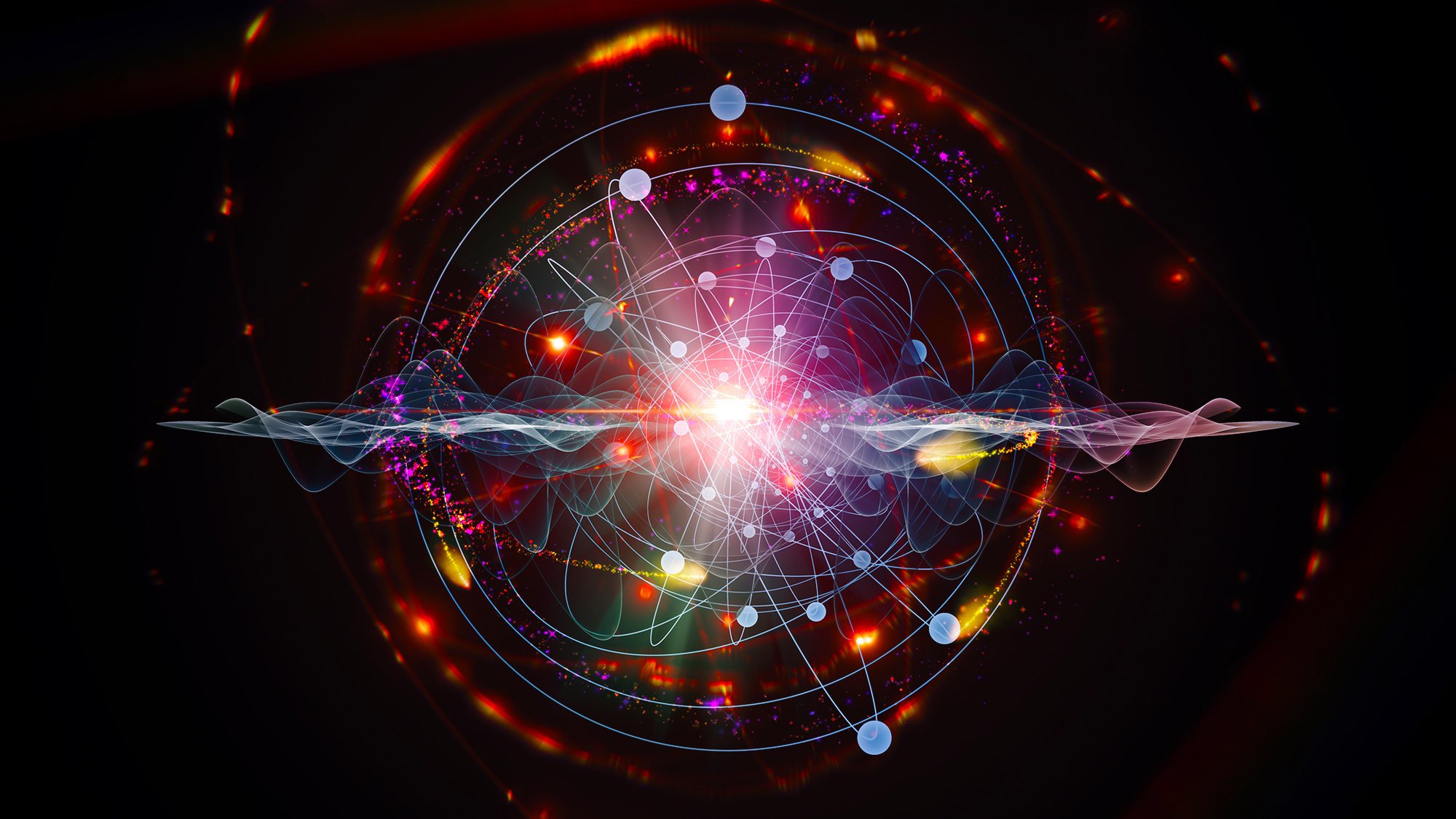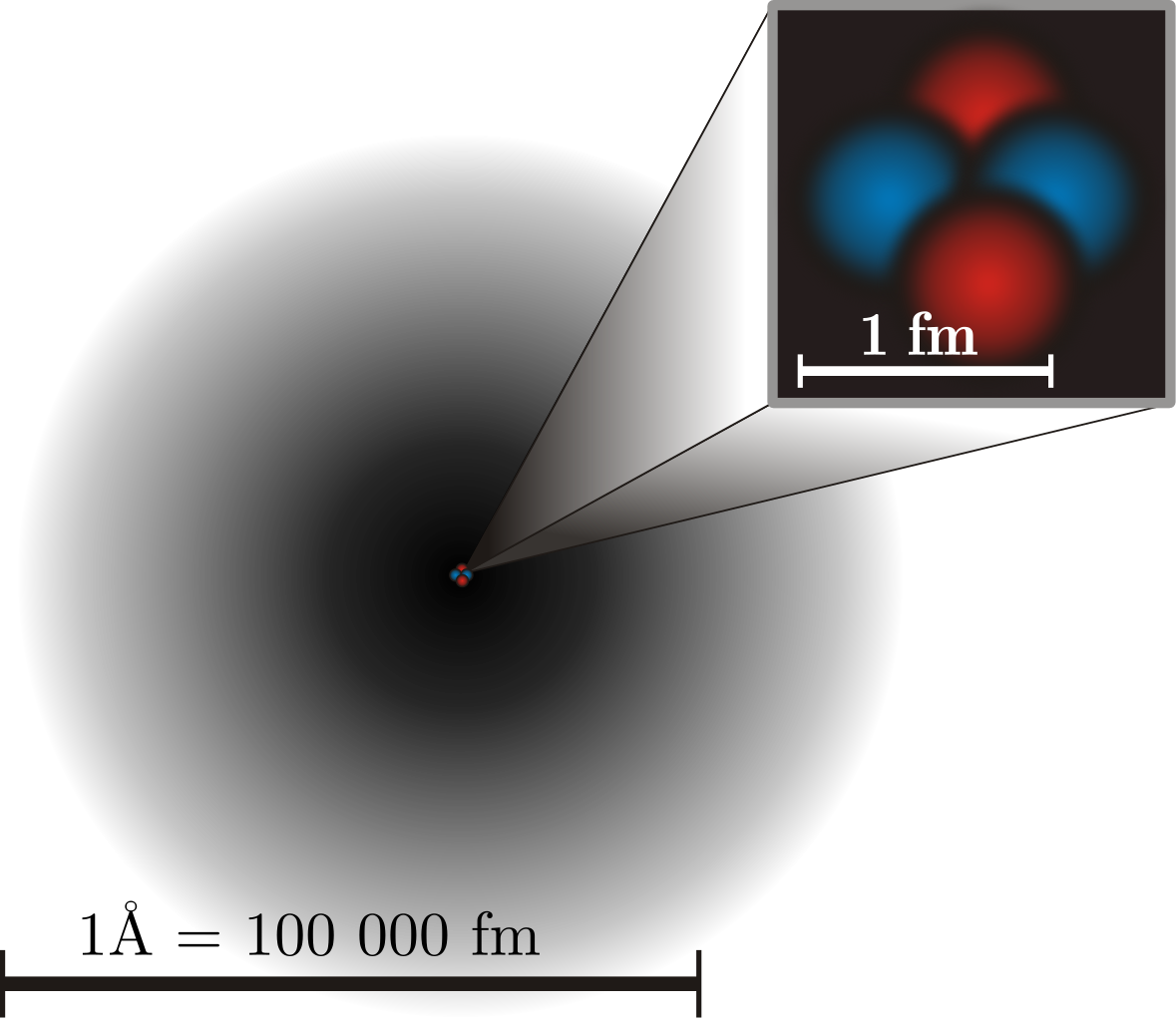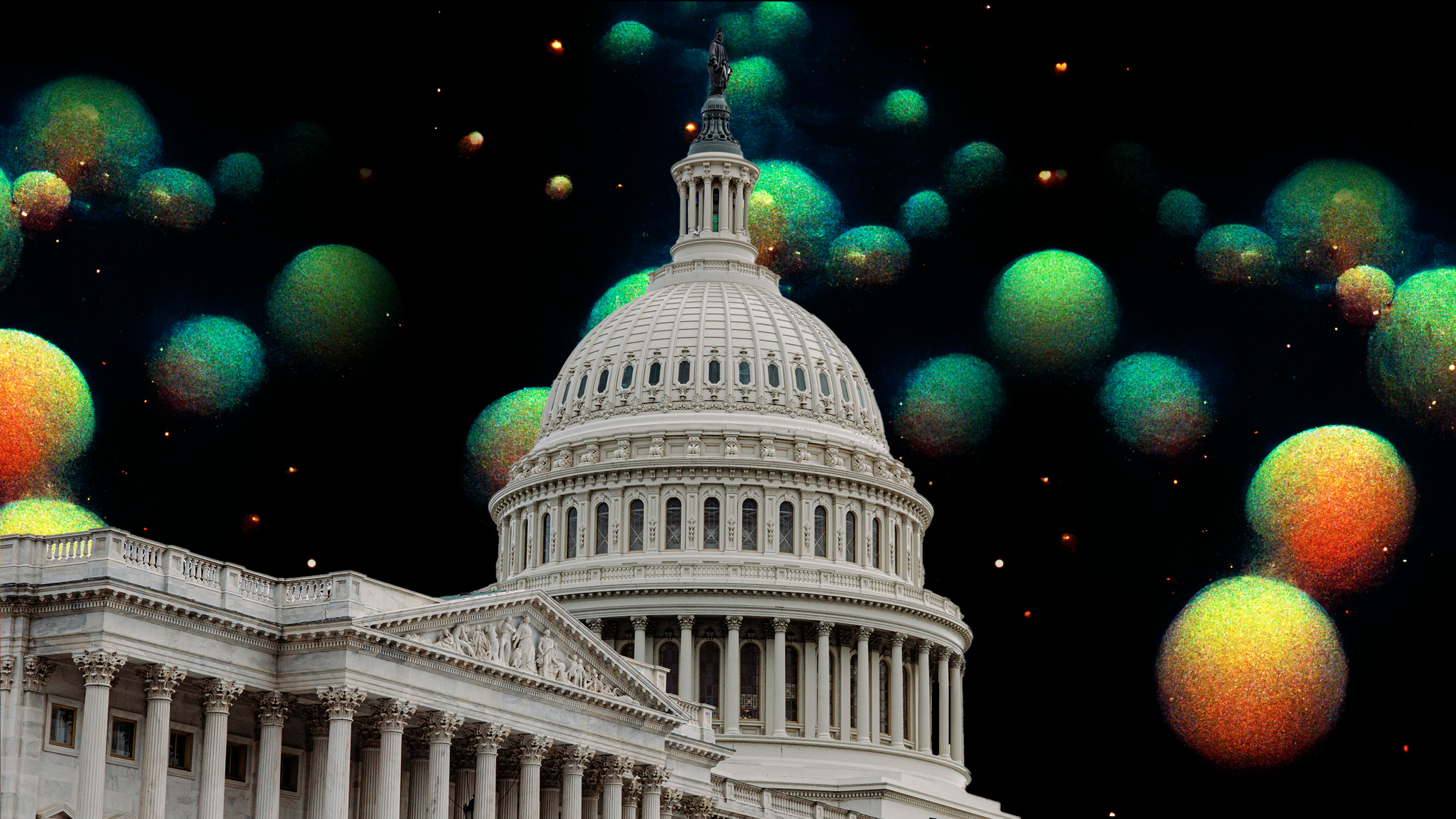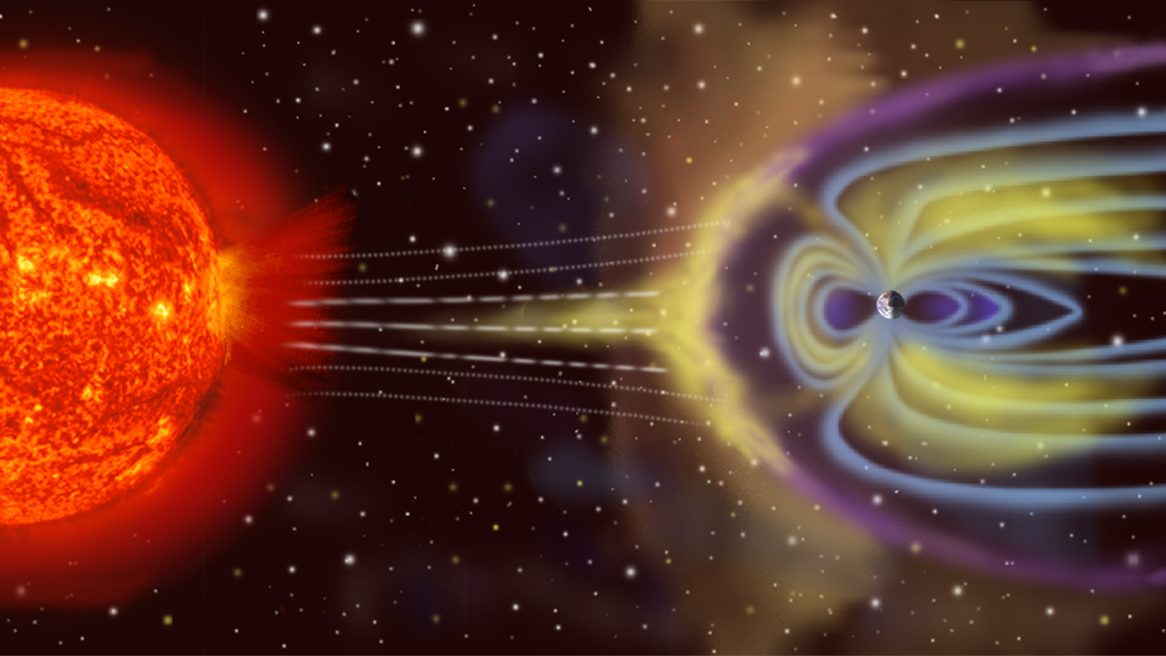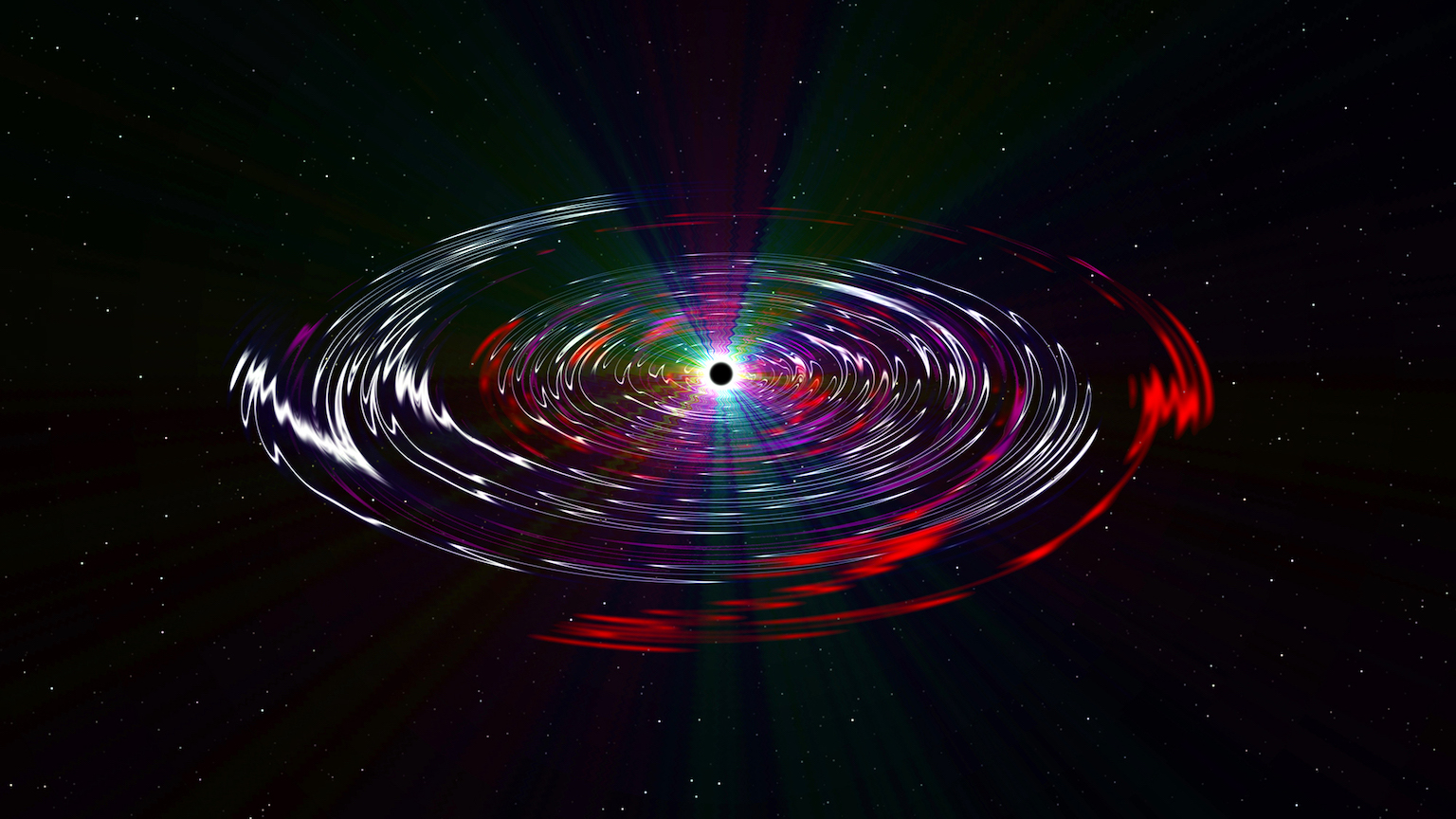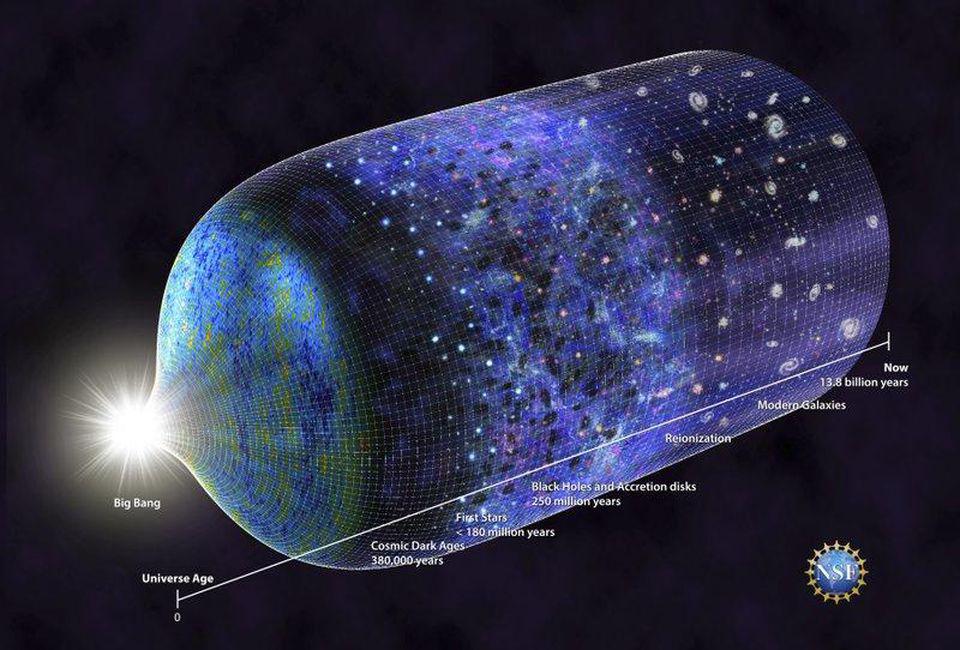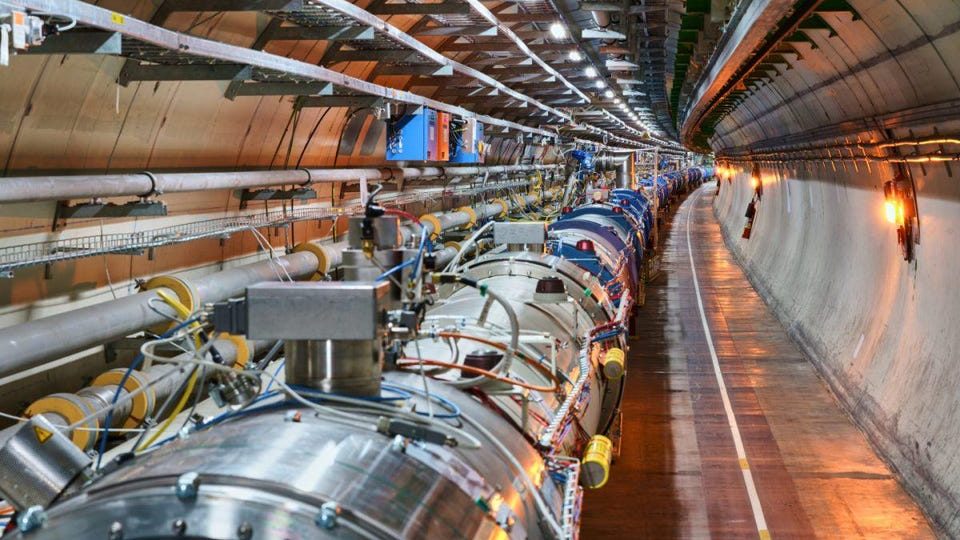The Universe gravitates so that normal matter and General Relativity alone can’t explain it. Here’s why dark matter beats modified gravity.
Search Results
You searched for: Physical Constants
From physics and alchemy to theology and eschatology, Isaac Newton’s research was rooted in a personal pursuit of the Divine.
The answer to the age-old philosophical question of whether there is meaning in the Universe may ultimately rest upon the power of information.
Forget these scientific myths to better understand your brain and yourself.
Burns’ latest documentary dives into the long-romanticized life and work of the Italian polymath.
Unfortunately, the Lunar Ark project is an idea more at home in science fiction than science fact.
For thousands of years, we puzzled at how far away the Moon was. Today we know its distance, at any time, to within millimeters.
Growing evidence suggests a link between the debilitating neurological illness and the microbes that live in our intestines. The vagus nerve may be a pathway.
There could be variables beyond the ones we’ve identified and know how to measure. But they can’t get rid of quantum weirdness.
In history, every major technological advance has been used, for good and bad.
There’s a big difference between the notions of ‘false vacuum’ and ‘true vacuum’ states. Here’s why we don’t want to live in the former.
In the 20th century, many options abounded as to our cosmic origins. Today, only the Big Bang survives, thanks to this critical evidence.
To answer any physical question, you must ask the Universe itself. But what happens when the answers aren’t around anymore?
Fathers’ brains adjust their structure and function to parenthood.
Although a great many unidentified sights have been seen in the skies, none have conclusively demonstrated the presence of aliens. So far.
No matter how good our measurement devices get, certain quantum properties always possess an inherent uncertainty. Can we figure out why?
The multi-leveled constructions of metaphysics are the collective workings of a fantastical virtuality. Did you get that?
Stories of child prodigies and the naturally gifted hide the fact that success is built on more than talent alone.
Atomic clocks keep time accurately to within 1 second every 33 billion years. Nuclear clocks could blow them all away.
It’s knowledgeable, confident, and behaves human-like in many ways. But it’s not magic that powers AI though; it’s just math and data.
Do we still remember what we learned in the 1940s?
Creativity and achievement require balancing hard work with the restful power of calm.
As the Sun ages, it loses mass, causing Earth to spiral outward in its orbit. Will that cool the Earth down, or will other effects win out?
It is time to give the Russian cosmologist the credit he deserves.
If you want to understand the Universe, cosmologically, you just can’t do it without the Friedmann equation. With it, the cosmos is yours.
It’s estimated that one-in-three women and one-in-five men have an episode of major depression by the age of 65.
SpinLaunch will cleverly attempt to reach space with minimal rocket fuel. But will physics prevent a full-scale version from succeeding?
Give yourself (and others) a break.
CERN’s Large Hadron Collider is the most powerful particle accelerator ever. To go even further, we’ll have to overcome something big.
As time goes on, dark energy makes distant galaxies recede from us ever faster in our expanding Universe. But nothing truly disappears.
